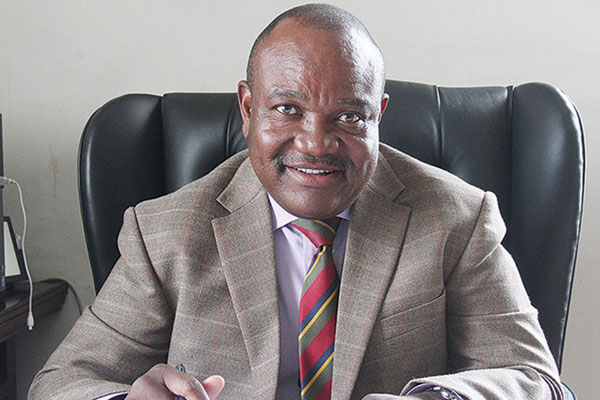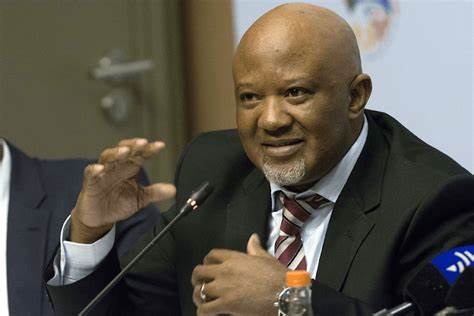HARARE – The Zanu PF government on Tuesday announced a plan that would raise over US$73 million annually for the broke Zimbabwe Broadcasting Corporation by compelling motorists to buy radio licences before renewing their vehicle licences.
Zimbabwe has 1.2 million registered cars but an average 800,000 pay vehicle licences, according to the Zimbabwe National Roads Agency (ZINARA).
With vehicle radio licences pegged at US$23 per quarter and US$92 per year, this translates to a minimum US$73.6 million in potential revenue for ZBC per year which would rise to US$110 million if every registered vehicle paid.
The new move announced by information minister Jenfan Muswere following a cabinet meeting on Tuesday will anger campaigners in the opposition who want the licence fee scrapped, accusing ZBC of being a propaganda arm for Zanu PF.
ZBC’s Zanu PF bias has been documented by successive foreign election observer missions. The state broadcaster has failed to commercialise its effective monopoly and relies on the licence fee and government grants for its operations.
“As the nation may recall, the first set of principles for the amendment of the Broadcasting Services Act were approved by cabinet in 2019,” explained Muswere.
“The proposed additional principles are therefore meant to address shortcomings which were identified in the document, which is being drafted. The additional amendments will, among other provisions… ensure gender balance in the Broadcasting Authority of Zimbabwe Board, (provide for) annual applications for broadcasting frequency spectrum licences, broaden and introduce new definitions under Section 38A; and prohibition of the sale of motor vehicle registration licence or motor vehicle insurance cover or policy to a person without a current radio licence or an exemption from ZBC under Section 38B.”
It will now be mandatory for all motorists to possess a current radio licence or an exemption from ZBC when engaging in transactions involving vehicle registration or insurance cover, Muswere said.
“The new amendment is an unfair burden on the average motorist,” lamented Lazarus Bhebhe, a local car owner. “My car radio, like many others from Japan, can’t even pick up local stations.”
ZBC’s history of rigorous enforcement campaigns, obligating licence purchases regardless of a radio’s functionality or compatibility with Zimbabwean frequencies, has been a source of frustration for many.
“It’s absurd to pay for a service that we can’t use,” argued another motorist, Happiness Makomo.
















